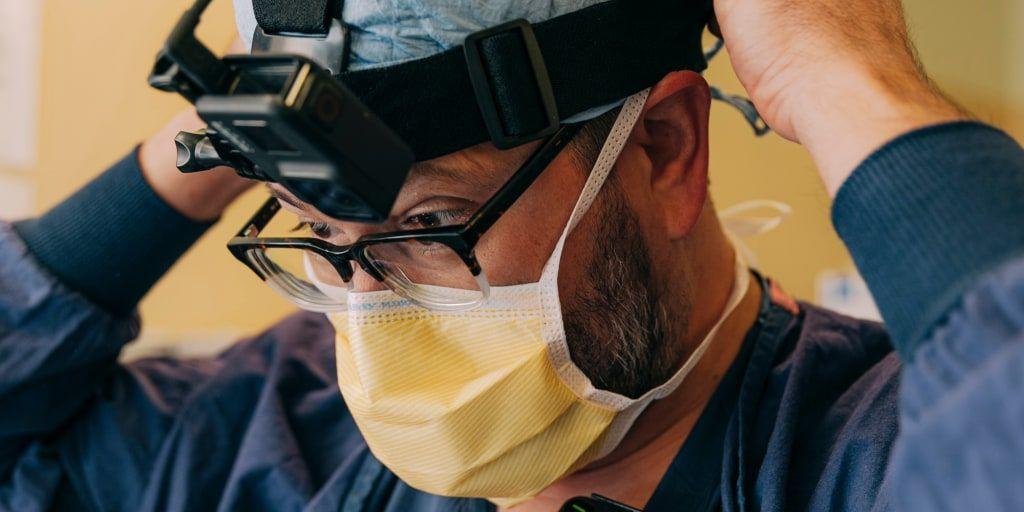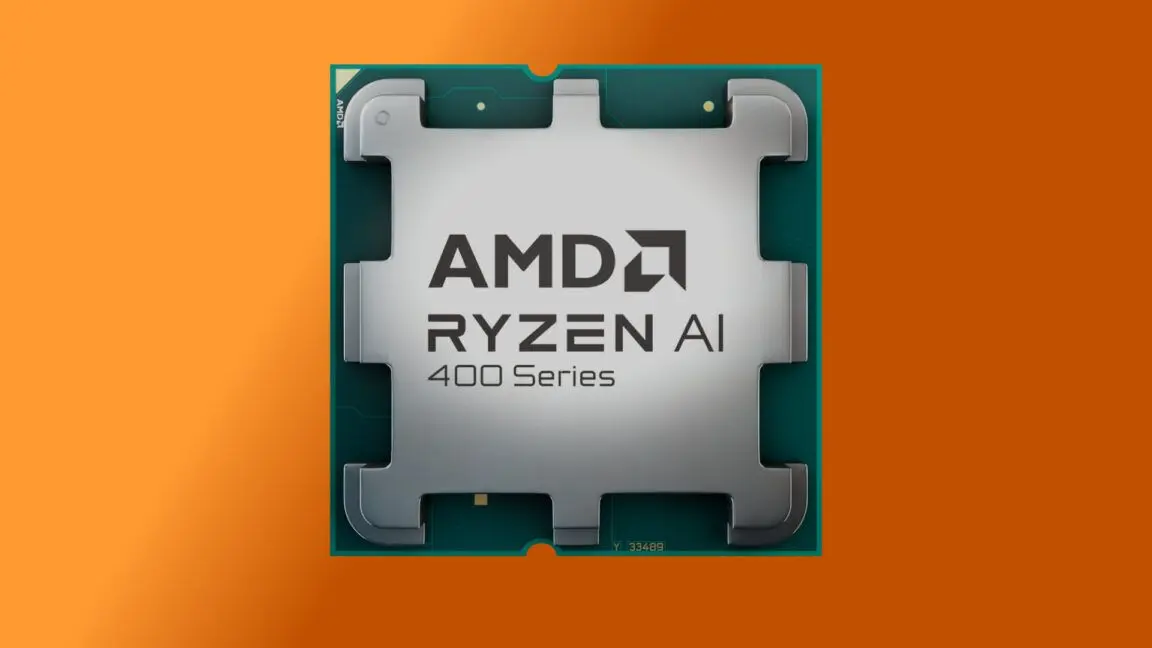AI-Powered Database OnSIDES Revolutionizes Drug Safety and Medication Risk Assessment
2 Sources
2 Sources
[1]
AI-powered database spotlights medication risks to improve drug safety
A multicenter study led by Cedars-Sinai created a database of adverse medication events -- the fourth leading cause of death in the United States and a medical issue costing more than $500 billion annually. The findings, published in the journal Med, demonstrate how AI can improve drug safety, support drug discovery and improve understanding of medication risks. The database is called OnSIDES (ON-label SIDE effectS resource). It is free and publicly available on GitHub. "OnSIDES provides the most comprehensive and up-to-date database of adverse drug events from drug labels," said Nicholas Tatonetti, Ph.D., vice chair of Computational Biomedicine at Cedars-Sinai and corresponding author of the study. "This work enables researchers and clinicians to systematically study drug safety." Adverse drug events are unintended, harmful events related to the usage of medication and are the fifth leading cause of death internationally. Experts believe half of all adverse drug events are preventable. "While many drug safety studies are conducted on individual medications during clinical trials and through post-marketing surveillance programs, far fewer studies have studied the occurrence of adverse drug events more broadly," said Tatonetti, also the associate director for Computational Oncology at Cedars-Sinai Cancer. "The lack of broadscale studies may be attributed in part to the array of medications and the complexity of drug interactions, as well as the lack of standardized data publicly available." The OnSIDES model analyzed 3,233 unique drug ingredient combinations extracted from 47,211 labels and identified more than 3.6 million pairs of medications and adverse drug events. This work was also expanded to labels from countries outside of the U.S., revealing differences in how adverse drug events are reported internationally. By using artificial intelligence to extract adverse drug events from drug labels, investigators improved access to structured, machine-readable data, ultimately making it easier to identify drug risks, predict new drug uses and enhance patient safety. "This resource supports drug repurposing, pharmacovigilance, and AI-driven drug discovery," said Jason Moore, Ph.D., chair of the Department of Computational Biomedicine at Cedars-Sinai. "We are hopeful that future research can build on OnSIDES to develop better predictive models, personalized medicine approaches and regulatory insights, ultimately leading to safer medications and more informed clinical decision-making worldwide."
[2]
Artificial Intelligence Spotlights Medication Risks, Improves Drug Safety | Newswise
A new study, led by Cedars-Sinai, demonstrates how AI can improve drug safety and improve understanding of medication risks. LOS ANGELES (April 2, 2025) -- A multicenter study led by Cedars-Sinai created a database of adverse medication events -- the fourth leading cause of death in the United States and a medical issue costing more than $500 billion annually. The findings, published in the peer-reviewed journal Med, demonstrate how AI can improve drug safety, support drug discovery and improve understanding of medication risks. The database is called OnSIDES (ON-label SIDE effectS resource). It is free and publicly available on GitHub. "OnSIDES provides the most comprehensive and up-to-date database of adverse drug events from drug labels," said Nicholas Tatonetti, PhD, vice chair of Computational Biomedicine at Cedars-Sinai and corresponding author of the study. "This work enables researchers and clinicians to systematically study drug safety." Adverse drug events are unintended, harmful events related to the usage of medication and are the fifth leading cause of death internationally. Experts believe half of all adverse drug events are preventable. "While many drug safety studies are conducted on individual medications during clinical trials and through post-marketing surveillance programs, far fewer studies have studied the occurrence of adverse drug events more broadly," said Tatonetti, also the associate director for Computational Oncology at Cedars-Sinai Cancer. "The lack of broadscale studies may be attributed in part to the array of medications and the complexity of drug interactions, as well as the lack of standardized data publicly available." The OnSIDES model analyzed 3,233 unique drug ingredient combinations extracted from 47,211 labels and identified over 3.6 million pairs of medications and adverse drug events. This work was also expanded to labels from countries outside of the U.S., revealing differences in how adverse drug events are reported internationally. By using artificial intelligence to extract adverse drug events from drug labels, investigators improved access to structured, machine-readable data, ultimately making it easier to identify drug risks, predict new drug uses and enhance patient safety. "This resource supports drug repurposing, pharmacovigilance, and AI-driven drug discovery," said Jason Moore, PhD, chair of the Department of Computational Biomedicine at Cedars-Sinai. "We are hopeful that future research can build on OnSIDES to develop better predictive models, personalized medicine approaches and regulatory insights, ultimately leading to safer medications and more informed clinical decision-making worldwide." Additional Cedars-Sinai authors include Apoorva Srinivasan, Michael Zietz, Gaurav Sirdeshmukh and Jacob Berkowitz. Additional authors include Yutaro Tanaka, Hsin Yi Chen, Pietro Belloni, Undina Gisladottir, Jenna Kefeli, Jason Patterson and Kathleen LaRow Brown. Funding: R35GM131905 to N.P.T, T32GM145440 to H.Y.C, T15LM007079 to U.G, M.Z, K.L.B. Cedars-Sinai Health Sciences University is advancing groundbreaking research and educating future leaders in medicine, biomedical sciences and allied health sciences. Learn more about the university.
Share
Share
Copy Link
Cedars-Sinai researchers develop an AI-driven database called OnSIDES to comprehensively catalog adverse drug events, potentially transforming drug safety research and clinical decision-making.

AI-Powered Database Revolutionizes Drug Safety Research
In a groundbreaking development, researchers at Cedars-Sinai have created an AI-powered database called OnSIDES (ON-label SIDE effectS resource) that promises to transform the landscape of drug safety and medication risk assessment. This innovative tool, which is freely available on GitHub, provides the most comprehensive and up-to-date database of adverse drug events extracted from drug labels
1
2
.Addressing a Critical Healthcare Challenge
Adverse drug events represent a significant healthcare challenge, ranking as the fourth leading cause of death in the United States and costing over $500 billion annually. Internationally, they are the fifth leading cause of death, with experts estimating that half of these events are preventable
1
2
.Dr. Nicholas Tatonetti, vice chair of Computational Biomedicine at Cedars-Sinai and the study's corresponding author, emphasized the importance of this development: "OnSIDES provides the most comprehensive and up-to-date database of adverse drug events from drug labels. This work enables researchers and clinicians to systematically study drug safety"
1
.The Power of AI in Drug Safety Analysis
The OnSIDES model leveraged artificial intelligence to analyze an extensive dataset:
- 3,233 unique drug ingredient combinations
- 47,211 drug labels
- Over 3.6 million pairs of medications and adverse drug events identified
1
2
This AI-driven approach has significantly improved access to structured, machine-readable data, making it easier to identify drug risks, predict new drug uses, and enhance patient safety.
Related Stories
Global Implications and Future Prospects
The study expanded its analysis to include drug labels from countries outside the U.S., revealing international differences in adverse drug event reporting. This global perspective enhances the database's utility for researchers worldwide
1
2
.Dr. Jason Moore, chair of the Department of Computational Biomedicine at Cedars-Sinai, highlighted the broader implications of this research: "This resource supports drug repurposing, pharmacovigilance, and AI-driven drug discovery. We are hopeful that future research can build on OnSIDES to develop better predictive models, personalized medicine approaches and regulatory insights, ultimately leading to safer medications and more informed clinical decision-making worldwide"
1
2
.Collaborative Effort and Funding
The study was a result of collaborative efforts involving multiple researchers from Cedars-Sinai and other institutions. The research was supported by various grants, including R35GM131905 to N.P.T, T32GM145440 to H.Y.C, and T15LM007079 to U.G, M.Z, K.L.B
2
.As this AI-powered database continues to evolve, it holds the potential to significantly improve drug safety, support innovative drug discovery processes, and enhance our understanding of medication risks, marking a new era in pharmacological research and patient care.
References
Summarized by
Navi
[1]
Related Stories
Recent Highlights
1
OpenAI secures $110 billion funding round from Amazon, Nvidia, and SoftBank at $730B valuation
Business and Economy

2
Pentagon accepts OpenAI's autonomous weapons restrictions after blacklisting Anthropic
Policy and Regulation

3
Trump orders federal agencies to ban Anthropic after Pentagon dispute over AI surveillance
Policy and Regulation








